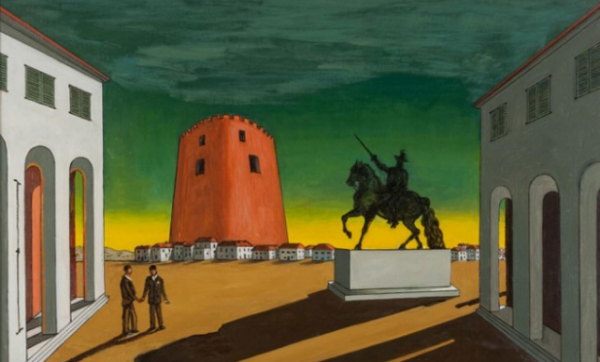This list includes the books I am reading for comprehensive exams for my Ph.D. in twentieth-century U.S. history. My three fields are cultural and intellectual history, social and political history, and film history. Since these fields overlap with each other, I have organized the list into rough thematic and chronological categories. Essentially, this list should broadly cover the ideas, music, art, politics, and social movements within the U.S. during the twentieth century.
Read moreA Fight on Two Fronts: On Jean-Luc Godard’s “La Chinoise”
Godard's La Chinoise follows a group of communist students as they plan for revolutionary action and create a “socialist theater.” Godard drew heavily from German playwright Bertolt Brecht’s theory of “dialectical theater,” a method of political theater that forces the audience to engage with the ideas presented to them. At the same time, Godard drew upon the teachings of Chinese communist leader Mao Tse-Tung, whose ideas were discussed closely among French intellectuals during the 1960s. By merging Brechtian concepts with Maoist ideas, Godard sought to turn film into a revolutionary art form, and this goal is most fully realized in La Chinoise.
Read moreExplaining the Seventies Malaise through “F Is for Family”
F Is for Family follows the Murpheys, a fictional working-class suburban family based loosely off the life of comedian Bill Burr. While the setting and the characters on the show are fictional, they represent actual historical moments, distinguishing the show as unique for its kind by depicting the tangible struggles and sensibilities of the 1970s. Since the Seventies have often been remembered as an uneventful decade, TV shows such as F Is for Family helps to correct the historical memory of this tumultuous decade through the accessible medium of popular culture.
Read moreMust-See Films in Every Genre
Here is my list of must-see films from each genre, listed chronologically, from 1900–2000. For functional purposes, I have combined some film types/genres into one category. If a film is italicized, that means it is cross-listed. If a film is in bold, that means it is a personal favorite of mine. If it is not in bold, that does not necessarily mean I dislike the film—it simply means that it did not make it to my all-time favorites. This list is by no means comprehensive, but I tried to narrow it down to the classic films in each genre. Not all films are necessarily aesthetically “good,” but if they are important for the genre, then I included it.
Read more“Nobody Calls Me Chicken”: The Crisis of Masculinity in Gen X Cinema
Gen X movies often dealt with the theme of the male underdog finally getting the upper-hand over the dominant male type. Whereas cinema in previous eras glorified the rebel or the tough guy, Gen X cinema elevated the loser: the freaks, the geeks, the nerds, the wimps, the squares, the virgins, the slackers. The fact that so many of these films centered around the theme of the loser beating the jock or the bully demonstrates that there was a crisis of masculinity happening for Generation X, and this crisis was being worked out through the medium of popular culture.
Read more